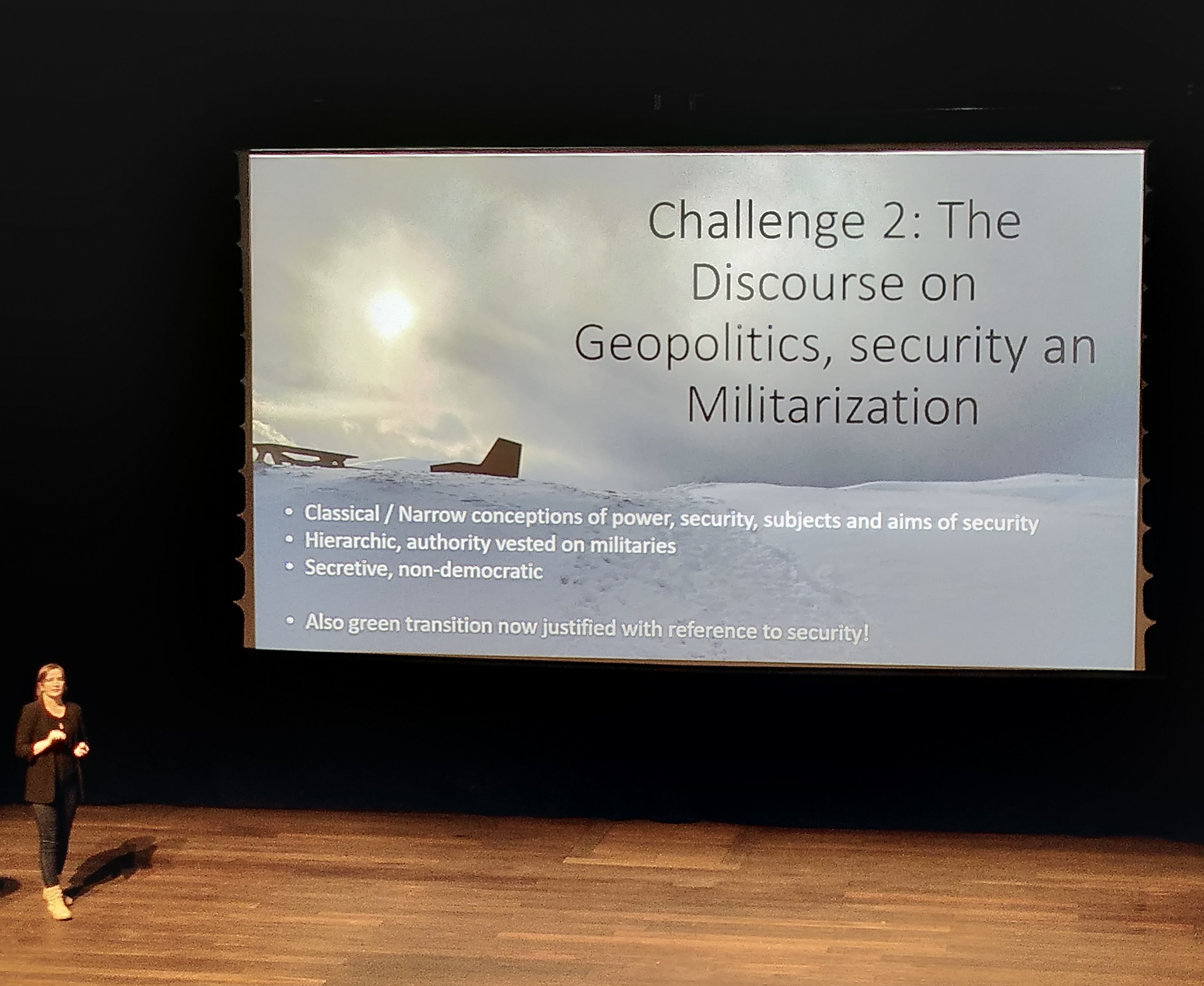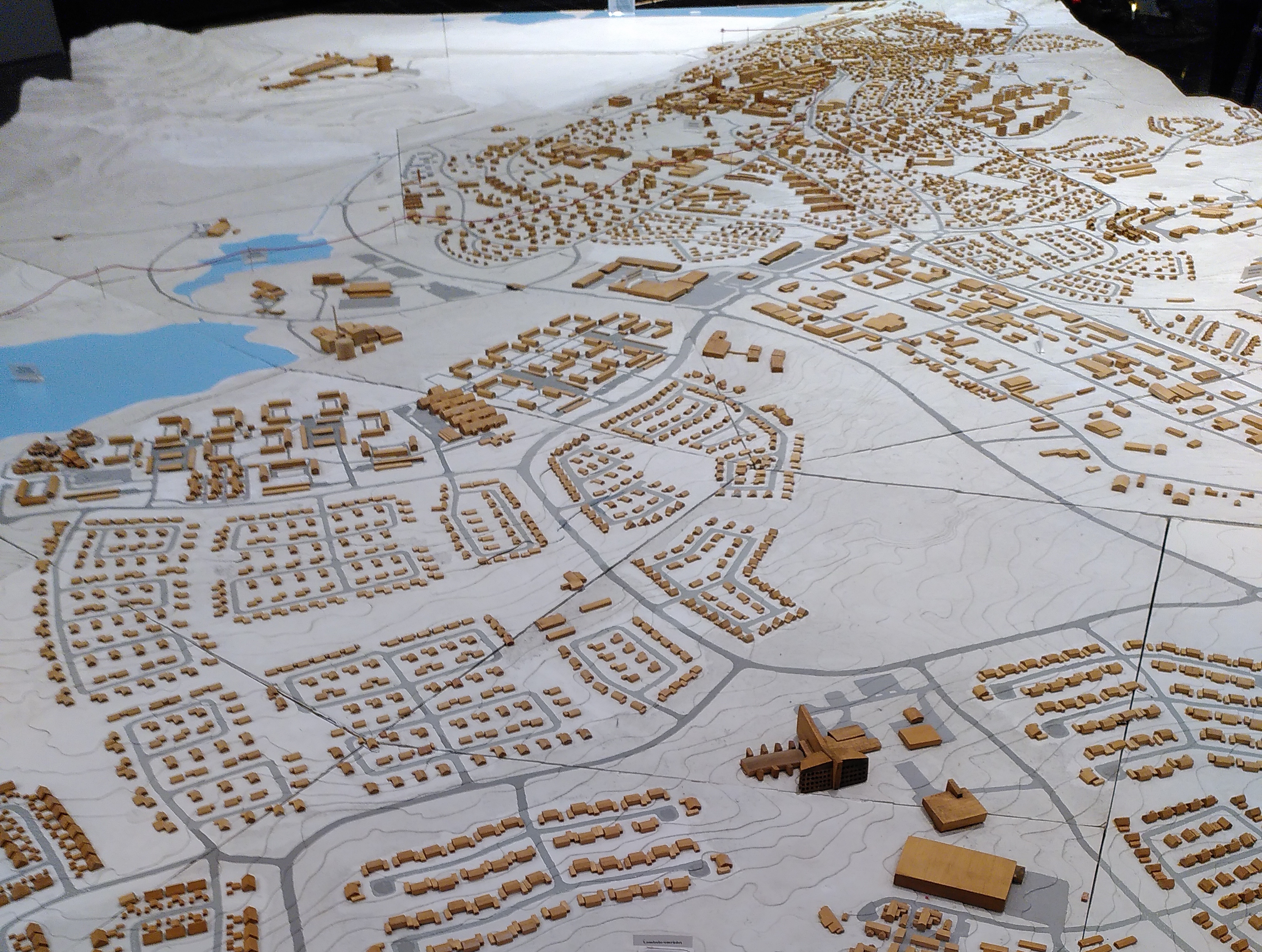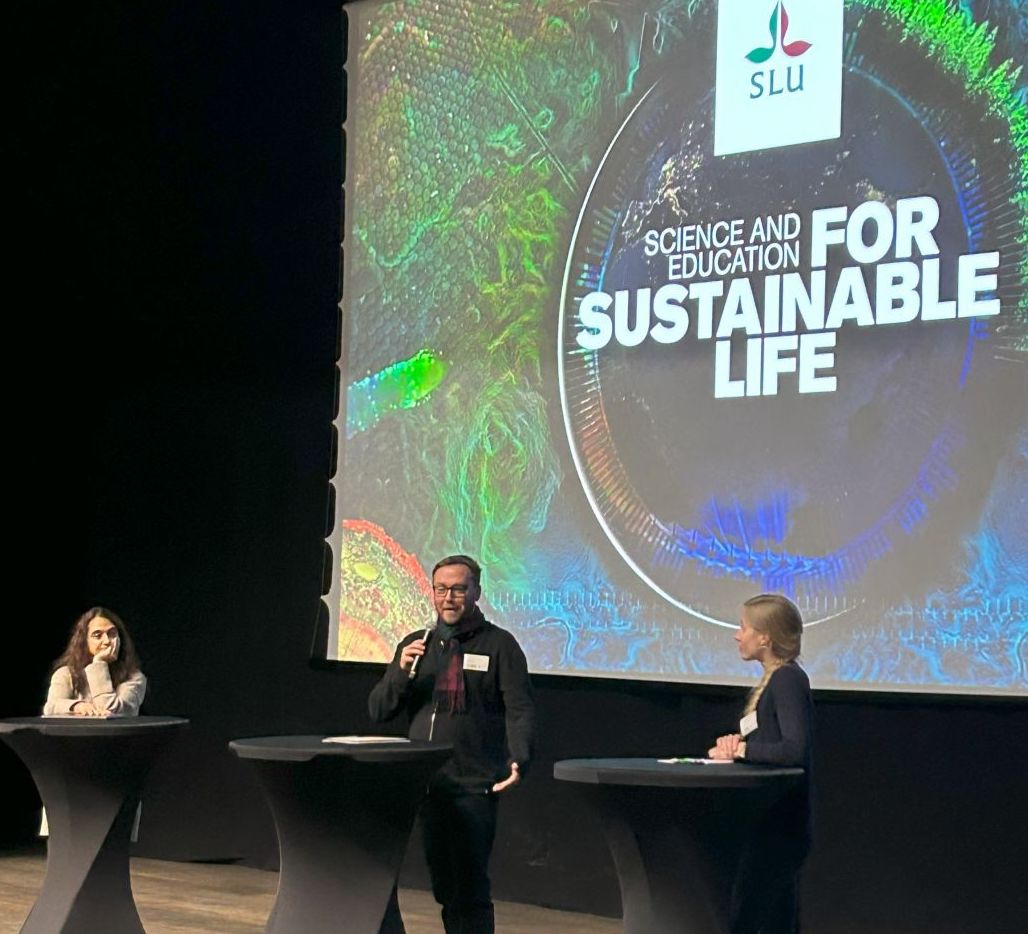Kiruna – A Town on the Move
For the past couple of days, our academic director, Matthias Kokorsch, attended the 6th Nordic Ruralities conference in Kiruna. The title of the conference was "New paths to sustainable transitions?". Apart from the conference theme, the city itself– yet not being coastal– is highly relevant for our program on Coastal Communities and Regional Development, and Matthias left with much inspiration for coming courses. Kiruna is on the Move - The mining town is relocating its entire center to make way for continued mining operations— an ambitious plan stretching to the year 2100. The move began in 2014 and includes shifting historic buildings, designing a denser, greener, and more sustainable city. Yet, the development is not uncontested. As we learned during the conference, the relocation of Kiruna has faced criticism for prioritizing mining profits over the rights and livelihoods of local Sámi communities, whose reindeer herding lands are heavily impacted. This has sparked debates about green colonialism, as the project highlights the tension between sustainability goals and the exploitation of Indigenous territories for resource extraction. This topic was also addressed in the first two keynotes of the conference.
The keynote by Laura Junka-Aikio was particularly interesting. She talked about the rising geopolitical tensions, Sweden and Finland's NATO memberships, and how new defense agreements with the U.S. are reshaping land use and development in Sápmi and Europe's High North. The presentation was also touching on the framing of the region as an "empty" space for securing Western interests in the green transition, resource extraction, and military buildup. The current developments raise critical questions about whose security and development are prioritized, often sidelining the needs and perspectives of local Sámi and rural communities, while decisions are increasingly made in distant centres of power. From a decolonial perspective, addressing these challenges as subaltern security dilemmas highlights the urgent need to deconstruct dominant geopolitical discourses to prevent the reinforcement of colonial structures under the guise of security and sustainability.
 Keynote by Laura Junka-Aikio
Keynote by Laura Junka-Aikio
Another interesting observation was about the prospects of the community. Coming from a mining area himself (the Ruhr district in Germany), Matthias was particularly interested in the structural change and transformation processes in Kiruna. That Kiruna is a candidate for becoming the “Cultural Capital of Europe” is just one interesting parallel to the Ruhr district, which was cultural capital in 2010 after a transformation from a heavy industrial area and decline towards a hub for creativity, culture, and innovation. Kiruna’s bid to become Cultural Capital of Europe is more than a title — it’s a vision for a town redefining itself beyond mining. Both regions demonstrate that even as industries fade, communities can thrive through culture, creativity, and reinvention. Both places, yet being very different, prove that transformation isn’t just about rebuilding spaces — it’s about reimagining identities.

The planning for Kiruna
Considering the fact that we had even less daylight than in Ísafjörður, it was challenging to get an idea of what actually happens in the town. Nonetheless, we got a good impression. A lot of the topics around moving Kiruna relate quite well to Matthias's current and upcoming research focus. He presented an Icelandic perspective on the topic of relocation. The title of the presentation was: To relocate, or not? The future of small and remote communities in the Nordic countries facing natural hazards; it was partly based on a reflection paper published earlier this year together with CliCNord colleagues Nina Baron and Sara Heidenreich.
Matthias presented another working paper later on at the conference, titled “Transformation processes in rural fishing communities in Iceland”. He shared ideas for an upcoming research project in the Westfjords with a particular focus on the transformation due to the evolving fish farming activities. Icelandic fishing villages have experienced socio-economic and demographic difficulties during the past decades: mono-dependent local economies in combination with path dependency and lock-ins have made a necessary transformation difficult. Still, interesting transitions can be observed in the villages of the Westfjords that are shifting to aquaculture. This industry is not uncontested yet – which somehow relates back to the developments of Kiruna – and Matthias would like to conduct a Societal Impact Assessment in the next couple of months, providing necessary information to a heated debate. A lot of the research results that are in the making will be used in the course “Aquaculture, Environment, Society” that has been taught for many years and now got an update by integrating the social aspects of the industry.
 Matthias at the panel discssion, second to the right
Matthias at the panel discssion, second to the right
